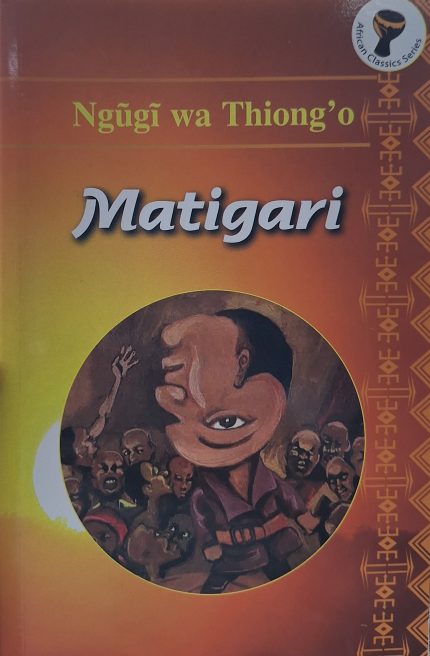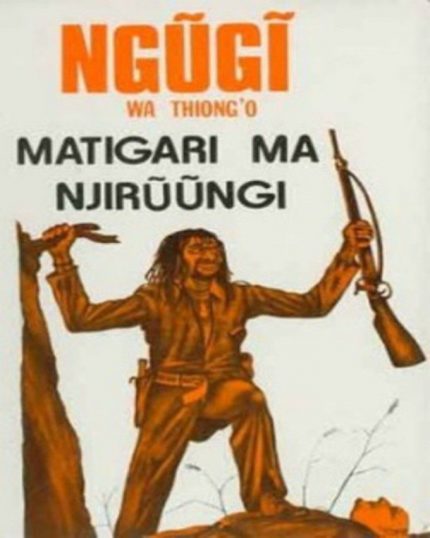Brief Summary
A dazzling, genre-defying novel in verse, from the author Delia Owens says “tackles the absurdities, injustices, and corruption of a continent”
Ngũgĩ wa Thiong’o’s novels and memoirs have received glowing praise from the likes of President Barack Obama, the New Yorker, the New York Times Book Review, The Guardian, and NPR; he has been a finalist for the Man International Booker Prize and is annually tipped to win the Nobel Prize for Literature; and his books have sold tens of thousands of copies around the world.
In his first attempt at the epic form, Ngũgĩ tells the story of the founding of the Gĩkũyũ people of Kenya, from a strongly feminist perspective. A verse narrative, blending folklore, mythology, adventure, and allegory, The Perfect Nine chronicles the efforts the Gĩkũyũ founders make to find partners for their ten beautiful daughters—called “The Perfect Nine” —and the challenges they set for the 99 suitors who seek their hands in marriage. The epic has all the elements of adventure, with suspense, danger, humor, and sacrifice.
Ngũgĩ’s epic is a quest for the beautiful as an ideal of living, as the motive force behind migrations of African peoples. He notes, “The epic came to me one night as a revelation of ideals of quest, courage, perseverance, unity, family; and the sense of the divine, in human struggles with nature and nurture.”







